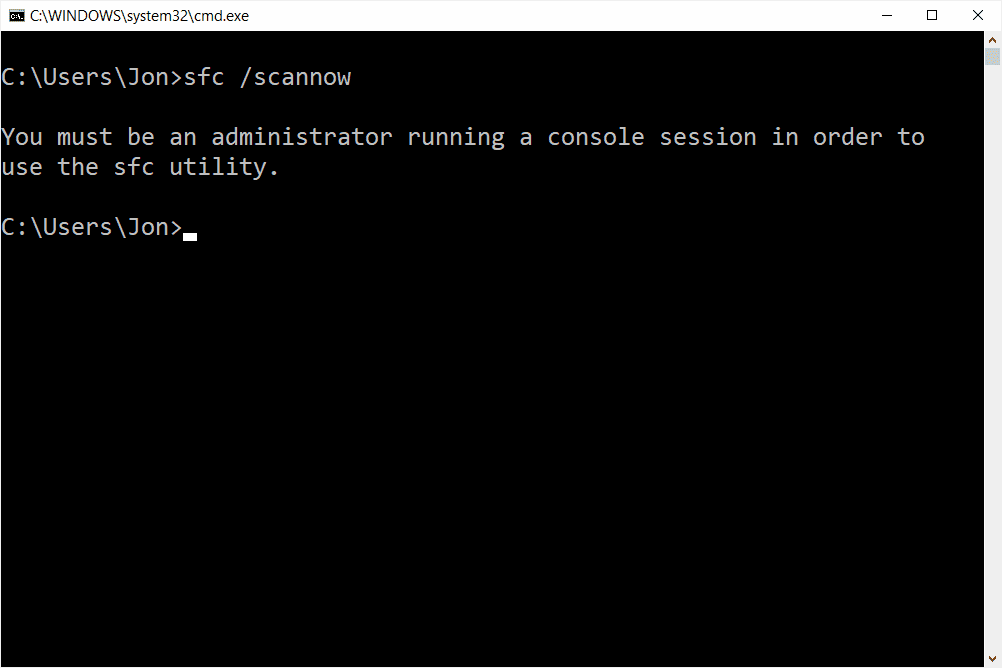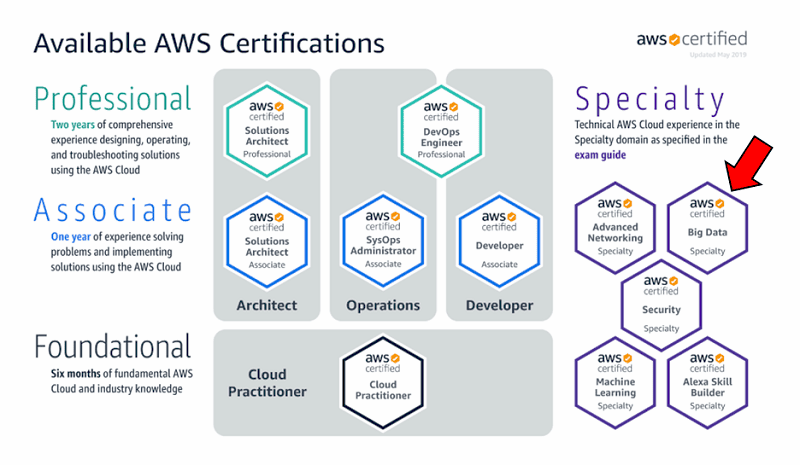Cybersecurity Certifications are crucial for individuals looking to enter the fast-growing field of cybersecurity. As cyber threats increase, the demand for skilled professionals continues to rise. These certifications not only validate your skills but also enhance your employability. For beginners, understanding the various certification options available is vital to making an informed decision about your career path.
Importance of Cybersecurity in Today’s World
Cybersecurity has become a critical aspect of modern society. With the proliferation of digital technology, organizations are increasingly reliant on data security. Cybersecurity protects sensitive information from unauthorized access and cyber attacks. The increasing frequency of data breaches highlights the urgent need for qualified professionals in this field. According to a report by Cybersecurity Ventures, global cybercrime costs are projected to reach $10.5 trillion annually by 2025.
- Rising incidents of data breaches and cyber attacks.
- Increased regulatory requirements for data protection.
- Growing reliance on digital platforms for business operations.
Given these challenges, organizations are investing heavily in cybersecurity measures. As a result, the need for professionals with cybersecurity certifications is greater than ever. Earning a certification can significantly enhance your job prospects and earning potential in this field.
Overview of the Certification Landscape for Beginners
For beginners, navigating the certification landscape can be overwhelming. Numerous certifications cater to different skill levels and areas of expertise. Here are some popular entry-level cybersecurity certifications that are well-regarded in the industry:
- CompTIA Security+ – An entry-level certification covering fundamental cybersecurity concepts.
- Certified Information Systems Security Professional (CISSP) – While more advanced, some beginners pursue this to show ambition.
- Certified Ethical Hacker (CEH) – Focuses on penetration testing and ethical hacking techniques.
- Certified Information Security Manager (CISM) – Aimed at those interested in security management.
- GIAC Security Essentials (GSEC) – Covers a broad range of security topics, ideal for beginners.
Each of these certifications has its own prerequisites and areas of focus. It’s essential to research each option thoroughly to determine which aligns best with your career goals. Many certifications require a combination of experience and education, so beginners should consider starting with foundational courses and certifications.
In summary, the importance of cybersecurity in today’s world cannot be overstated. The increasing demand for skilled professionals makes cybersecurity certifications an excellent investment for beginners. Understanding the certification landscape is the first step toward a successful career in this vital field.
Top Cybersecurity Certifications for Beginners
Cybersecurity Certifications for beginners serve as a valuable entry point into the world of information security. These certifications help individuals gain fundamental skills and knowledge necessary to protect organizations from cyber threats. Below, we explore the top cybersecurity certifications for beginners, providing a detailed review of each certification along with their requirements and prerequisites.
1. CompTIA Security+
The CompTIA Security+ certification is widely recognized as one of the best entry-level cybersecurity certifications available. It covers essential security concepts, including network security, compliance, operational security, threats and vulnerabilities, application, data, and host security. This certification is ideal for individuals looking to build a solid foundation in cybersecurity.
- Requirements: No formal prerequisites, but it is recommended to have CompTIA Network+ and two years of experience in IT administration with a security focus.
- Exam Details: The exam consists of 90 multiple-choice and performance-based questions, with a passing score of 750 out of 900.
- Cost: Approximately $370 for the exam.
2. Certified Ethical Hacker (CEH)
The Certified Ethical Hacker (CEH) certification is designed for those interested in penetration testing and ethical hacking. This certification teaches candidates how to think like a hacker and use the same tools and techniques to identify vulnerabilities in systems. It is an excellent choice for beginners who want to pursue a career in offensive security.
- Requirements: It is recommended to have at least two years of work experience in the Information Security domain.
- Exam Details: The exam consists of 125 multiple-choice questions, with a passing score of 60%.
- Cost: The exam fee is approximately $1,199.
3. Certified Information Systems Security Professional (CISSP)
While the Certified Information Systems Security Professional (CISSP) is considered an advanced certification, some beginners aim for it to demonstrate ambition in their cybersecurity career. The CISSP certification focuses on a broad range of cybersecurity topics, including security and risk management, asset security, and security architecture and engineering.
- Requirements: A minimum of five years of cumulative paid work experience in two or more of the eight CISSP domains.
- Exam Details: The exam consists of 100-150 multiple-choice questions, with a passing score of 700 out of 1000.
- Cost: The exam fee is approximately $749.
4. GIAC Security Essentials (GSEC)
The GIAC Security Essentials (GSEC) certification is designed for individuals who want to demonstrate their knowledge of information security concepts and practices. This certification covers a wide range of topics, making it suitable for beginners looking to establish their credibility in the cybersecurity field.
- Requirements: No formal prerequisites are required, but it is recommended to have some IT experience.
- Exam Details: The exam consists of 150 multiple-choice questions, with a passing score of 73%.
- Cost: The exam fee is approximately $1,899.
5. Certified Information Security Manager (CISM)
The Certified Information Security Manager (CISM) certification is aimed at those interested in security management. It focuses on governance, risk management, and incident management, making it an excellent choice for individuals looking to move into managerial roles within cybersecurity.
- Requirements: Candidates must have at least five years of work experience in information security management, with at least three years in a specific domain.
- Exam Details: The exam consists of 150 multiple-choice questions, with a passing score of 450 out of 800.
- Cost: The exam fee is approximately $575 for ISACA members and $760 for non-members.
These top cybersecurity certifications for beginners provide a strong foundation for a successful career in cybersecurity. Each certification has its unique focus and requirements, making it essential for candidates to choose the one that aligns best with their career aspirations. With the right certification, beginners can enhance their knowledge, skills, and employability in the growing field of cybersecurity.
Tips for Preparing for Cybersecurity Certifications
Preparing for Cybersecurity Certifications requires a strategic approach to ensure success. The journey towards obtaining certifications like CompTIA Security+ or Certified Ethical Hacker can be daunting, but with proper preparation, candidates can improve their chances of passing the exams. Here are some effective tips for preparing for cybersecurity certifications:
1. Create a Study Plan
Establishing a structured study plan is crucial for effective preparation. Break down the topics covered in the certification syllabus and allocate time for each subject. A well-organized study schedule helps maintain focus and ensures that all areas are covered. Consider the following when creating your plan:
- Identify your strengths and weaknesses in cybersecurity topics.
- Set specific goals for each study session.
- Include time for revision and practice exams.
2. Utilize Online Resources
Numerous online resources are available to assist in preparation for cybersecurity certifications. Websites, forums, and online courses provide valuable information and insights. Some popular resources include:
- Cybrary: Offers free online courses on various cybersecurity topics.
- Coursera: Provides courses from top universities, including cybersecurity fundamentals.
- Udemy: Features a wide range of affordable courses tailored to different certification exams.
3. Engage in Hands-On Practice
Hands-on practice is essential for mastering the practical aspects of cybersecurity. Use virtual labs and simulation tools to gain real-world experience. Platforms like:
- TryHackMe: Offers interactive cybersecurity training through real-world scenarios.
- Hack The Box: Provides challenges that simulate penetration testing and ethical hacking.
These platforms help reinforce theoretical knowledge through practical application.
4. Join Study Groups or Forums
Collaborating with others who are preparing for the same certifications can be beneficial. Joining study groups or online forums allows you to share resources, ask questions, and learn from others’ experiences. Engaging with peers fosters a supportive learning environment. Consider platforms like:
- Reddit: Subreddits like r/cybersecurity and r/CompTIA offer valuable discussions.
- Discord: Many cybersecurity communities host study groups and discussions.
5. Practice with Sample Questions
Familiarizing yourself with the exam format through sample questions is vital. Utilize practice exams and quizzes to assess your knowledge and identify areas needing improvement. Many certification providers offer official practice tests. Additionally, resources like:
- ExamCompass: Provides free practice exams for various certifications.
- MeasureUp: Offers comprehensive practice tests tailored to specific certification exams.
Practicing with sample questions enhances confidence and improves test-taking skills.
Conclusion and Next Steps in Cybersecurity Career
Obtaining cybersecurity certifications is a significant step towards a rewarding career in the field. As the demand for cybersecurity professionals continues to grow, certifications like CompTIA Security+, Certified Ethical Hacker, and others can set you apart from the competition. After earning your certification, consider the following next steps:
- Update your resume to highlight your newly acquired skills and certifications.
- Network with professionals in the cybersecurity field through LinkedIn and industry events.
- Stay informed about the latest cybersecurity trends and threats by following reputable sources.
- Consider pursuing advanced certifications to further enhance your expertise.
By following these tips and strategically preparing for cybersecurity certifications, you can build a strong foundation for a successful career in cybersecurity. The journey may be challenging, but the rewards of becoming a certified cybersecurity professional are well worth the effort.




